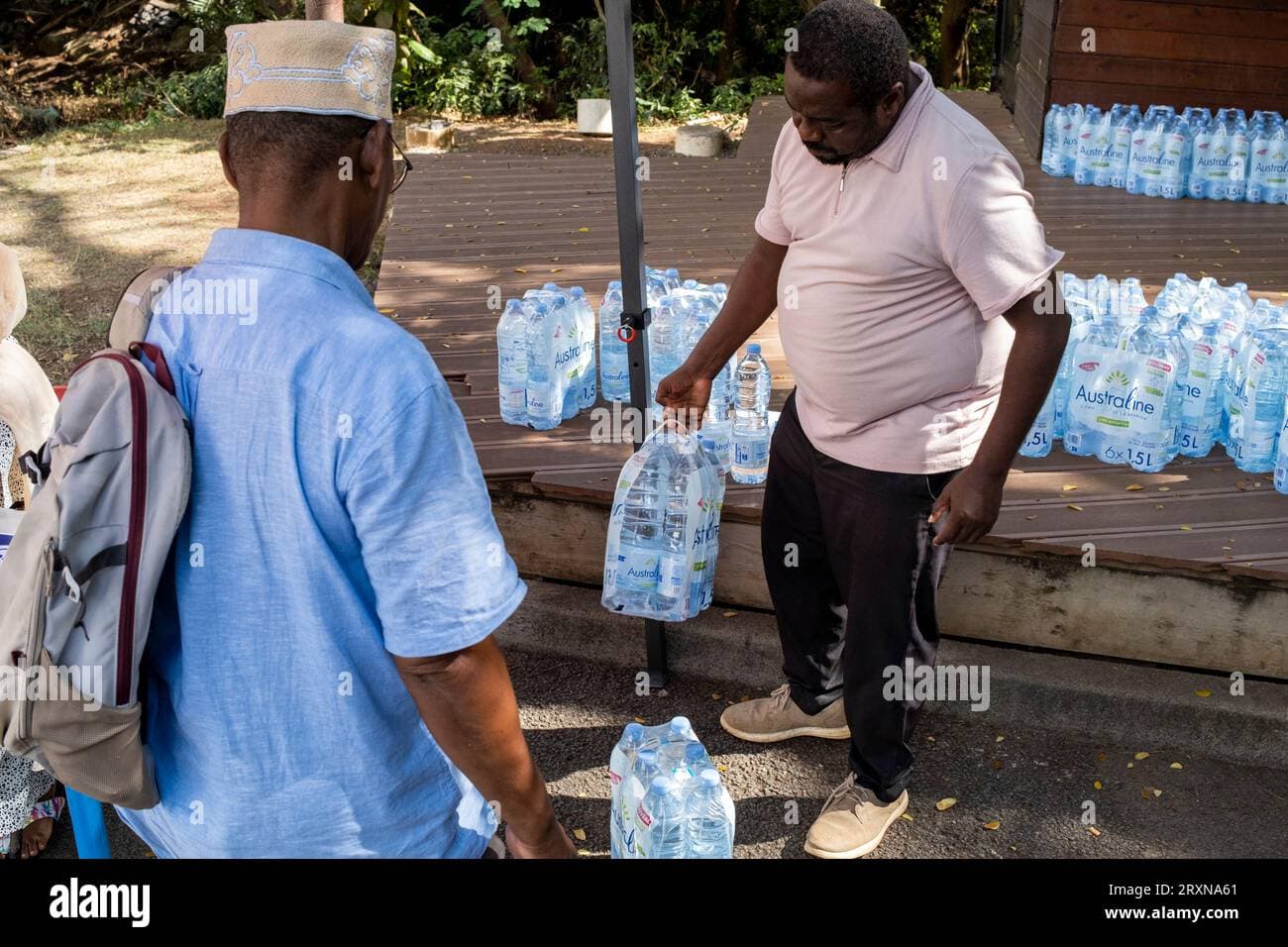Martinique Water Crisis and High Prices Stir New Anti French Sentiment
A Reuters dispatch republished on Nov. 22, 2025 described renewed anger in Martinique over discoloured tap water, repeated outages and sharply higher consumer prices, grievances many residents now frame as evidence of enduring economic marginalization. The unrest underscores a widening fault line between the French mainland and its overseas territories, with potential policy and budgetary consequences in Paris as holiday travel approaches.

Residents across Martinique reported discoloured or foul smelling tap water and periodic, extended outages that have forced households to buy bottled water. Bottled water prices on the island can be substantially higher than in mainland France, placing an outsized burden on low income families and heightening public frustration with what many perceive as systemic neglect by metropolitan authorities.
Local activists and politicians traced the problems to a mix of aging infrastructure, chronic underinvestment and the concentration of economic power in the hands of a small number of powerful local business families often referred to as Békés. They said opaque supply chains and a heavy reliance on imports for everyday goods compound the cost pressures that affect ordinary consumers. Those pressures have helped fuel fresh protests and renewed calls for structural reform of how basic services are managed and how markets are regulated in the territory.
Regional authorities in Martinique have proposed a set of measures to address the crisis, including the centralization of water management, incentives to boost local production and steps intended to reduce dependence on imports. Paris has pledged some reforms and signaled plans for a new law designed to tackle price gouging in food supplies, a move intended to protect consumers across French overseas territories. Activists, however, remained skeptical that incremental measures would alter deeper patterns of economic concentration and the legacy effects of historical contamination.
The reporting placed the current grievances in a longer historical context, noting that contamination from the pesticide chlordecone in past decades and disputes over compensation contributed to earlier waves of unrest. Those events left lasting public distrust and a demand for comprehensive remediation and restitution that many residents say remain unmet. The combination of environmental harm, deficient public utilities and high living costs has become a potent political issue in a territory where socioeconomic indicators lag behind those of metropolitan France.
Economically the episode highlights a series of policy trade offs for Paris. Addressing water infrastructure and market distortions will require both capital investment and regulatory action, potentially increasing the fiscal transfer burden to overseas departments. There is also a reputational and tourism risk if dysfunction persists into peak holiday travel periods, prompting quicker legislative or budgetary responses.
The situation in Martinique illustrates a broader pattern across French overseas territories, where environmental injustice, market concentration and perceived metropolitan neglect feed periodic unrest. How Paris and local leaders respond in the coming weeks will shape not only short term stability but also the long term relationship between the territory and the French state.


